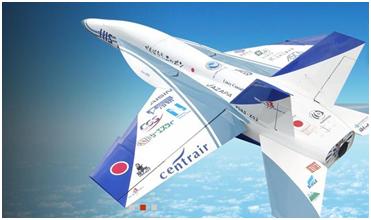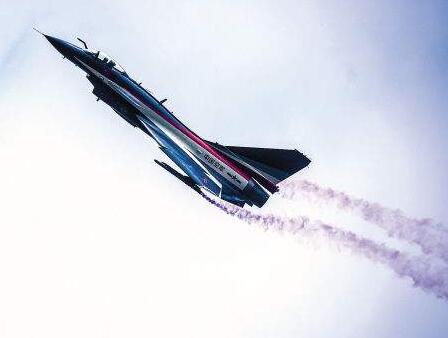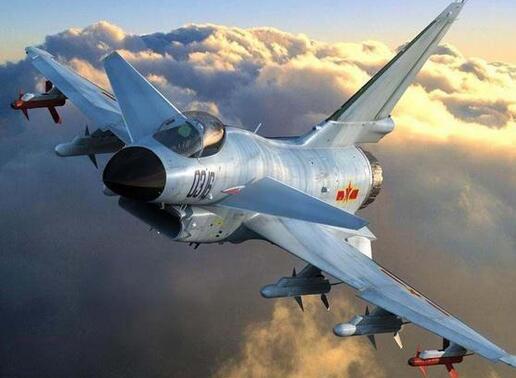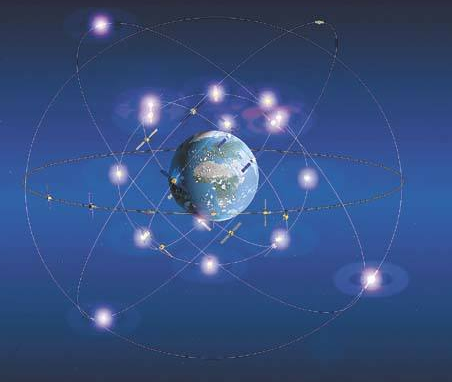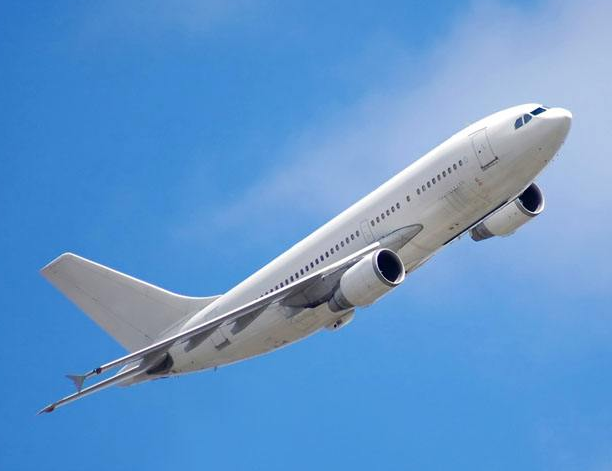Japan and China are opponents in many ways, but their recent competition is at a particularly high level of competition Level: outer space. The two countries are determined to improve their "global positioning system" accuracy, hope in the defense and commercial areas can achieve greater gains.
Global Positioning System has become an essential tool for contemporary life. It is now used worldwide for smartphone maps and car navigation. Future Autopilot To avoid congestion and accidents, high-precision satellite navigation is indispensable. This rapidly expanding demand is a major reason for the Asian powers to improve their respective systems. Japan and China have the same goals, but the path is different. Japan is trying to cooperate with the United States to achieve efficiency, while China is self-reliance.

China plans to launch an upgraded version of its navigation satellite system - "Big Dipper" 3. The accuracy of the system will be two or three times higher than the current "Big Dipper"
2. Beijing hopes to reach the positioning accuracy of 2.5 meters or less, thus matching the GPS or "Galileo" advanced level. China plans to launch the first "Beidou" satellite in November, with the goal of launching four such satellites by the end of the year. China plans to build a satellite system by 2020, when it will be able to cover the world. China is targeting a 20% share of the global navigation satellite market. At present, China's fishing vessels in the East China Sea and the South China Sea have been fitted with the "Big Dipper" navigation system. Other satellites will be able to cover the areas of China and Europe, where China is an important "area along the way" initiative stage.
At the same time, Japan is also busy launching satellites. On Tuesday, the Japan Space Agency launched a H-2A rocket equipped with a "guided" satellite 4 quasi-zenith satellite. The success of the launch of Japan's global positioning system satellite to 4. Some analysts pointed out that Japan's "road" in the accuracy of the "Fortress". But a large number of "Big Dipper" satellites give China a production advantage - making China a strong player to provide navigation services to other parts of Asia.
















 RCCN WeChat QrCode
RCCN WeChat QrCode Mobile WebSite
Mobile WebSite


